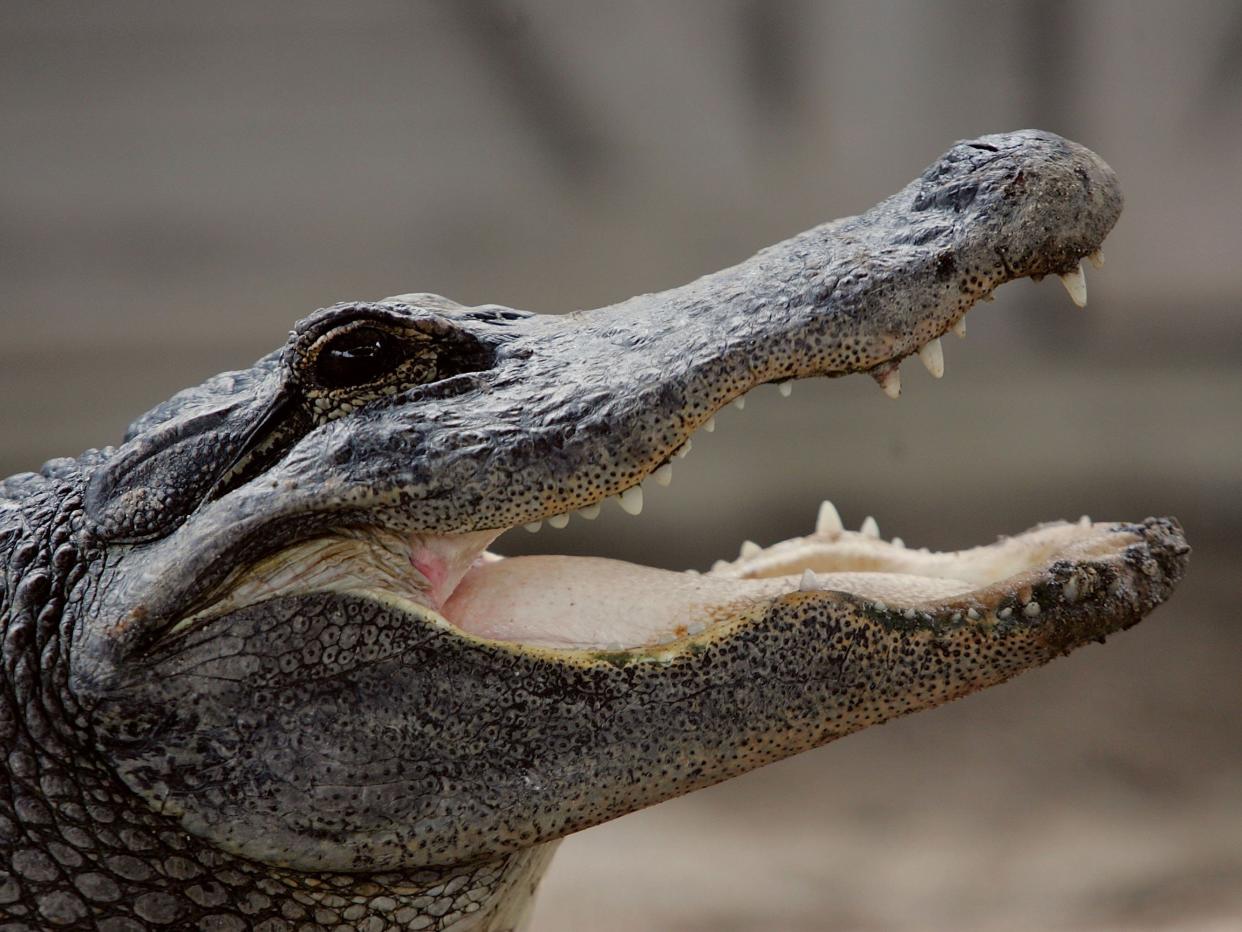Alligator on gas snaps up international science prize

An alligator inhaling helium is the kind of stunt one might expect to hear about at some niche Las Vegas attraction, quickly followed by a raid from animal welfare authorities.
In fact, such an experiment was created by scientists who have just won an international prize honouring research that makes academics both think and laugh.
Cognitive zoologist Stephan Reber led a team which gave the animal the gas – harmless, it should be said – in a bid to understand how crocodilians communicate.
Specifically, the group were attempting to prove a theory that reptiles signal their size to others through different vocal noises, just as mammals and birds do.
By giving the alligator the helium mixed with oxygen, they could analyse the different sound frequency of its bellows.
Now, the research has been awarded an Ig Nobel Prize, a series of annual awards handed out to serious but somehow comedic scientific investigations.
Ten of the gongs were given out on Thursday by the science humour magazine Annals of Improbable Research, which created the accolades 30 years ago to draw attention to research which, while tackling genuine real-world problems, has a quirky aspect.
Other 2020 winners included a team that devised a method to identify narcissists by examining their eyebrow and a group who created knives from frozen faeces.
Dr Reber himself – a Swiss who is based at Lund University in Sweden – said he was honoured to receive the Ig.
"The resonances in your vocal tract sound lower overall if you're larger because it's a larger space in which the air can vibrate,” he told the BBC. “We didn't know if reptiles actually had resonances. Frogs, amphibians, don't for example. So we needed a proof of concept that crocodilians actually have resonances.”
The Ig Nobels are normally celebrated in a ceremony at Harvard University in the US, with winners handed their gongs by real Nobel Prize winners but this year’s event was held online due to the coronavirus crisis.
Read more
Man wakes up to find 4ft-snake slithering on bedside table in Leeds

 Yahoo News
Yahoo News 
